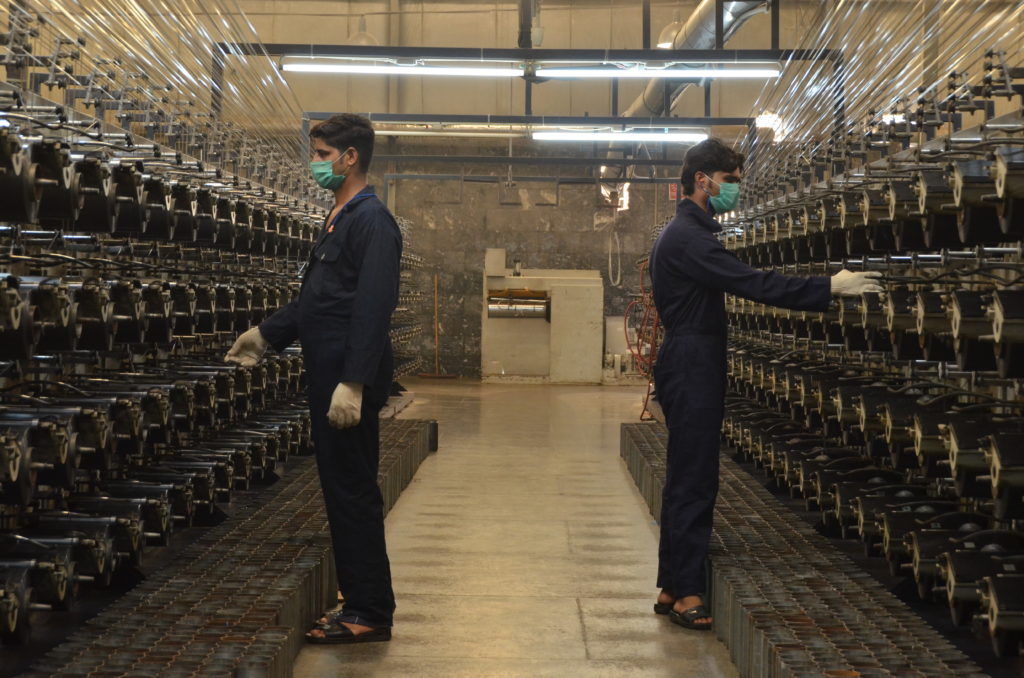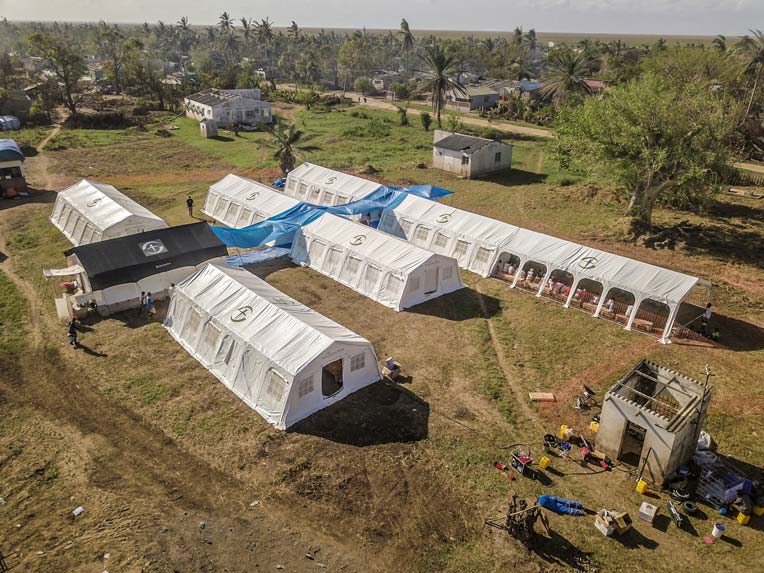Doing well, achieving great results
This blog provides insights in the role of the private sector in the humanitarian sector, from various vantage points.
Our annual participation to the AidEx exhibition and conference in Brussels in November 2018 offered some interesting insights. This included the views of Stephen O’Brien, former UN Under-Secretary-General for Humanitarian Affairs and Emergency Relief Coordinator, a position often referred to as ‘Humanitarian Chief’. In his key note speech in the Belgium capital on Wednesday 14 November, he shared his opinion about the level of corporate participation in the humanitarian supply chain, which we found worth sharing.
Stephen O’Brien is a British politician, diplomat, industrialist and lawyer who completed his term as United Nations Under-Secretary-General for Humanitarian Affairs and Emergency Relief Coordinator in 2017. Before and during his parliamentary career, O’Brien has also been a leading advocate for global health. In 2004, he founded the All-Party Parliamentary Group on Malaria and Neglected Tropical Diseases. His views on governance structures and value addition were particularly relevant to the key audience attending AidEx, namely suppliers, buyers and policy makers to the wider humanitarian sector.
O’Brien explained why people are attracted to work for companies acting in the above-mentioned sector, echoing the sentiment we notice among our colleagues at the NRS International offices. “There are a lot of people who want to work for a company that does good, as well as producing great results. They want to work for that meaningful culture, that particular enterprise, turning up to work for that company. There is a degree of philanthropic essence in corporate work that is appealing.”
However, he argues that we should never lose sight of the profit-making nature of any company. “Like it or not, a corporate in the end needs a profit to keep the jobs, the skills and the culture going.” O’Brien recognizes that profit is not an easy word for non-profit organizations, often our clients. “I have launched the Malaria Consortium and at the time I said, ‘we will run it like a corporate, we will put all the money back in, efficiently delivering the results for the people. We look towards our bottom line, including a 1.8% overhead only’. Amazing! Of course, this model got repeated because all NGOs live with the reality of few unrestricted funds.”
Mistakes in the humanitarian governance have been made, says O’Brien, which have had severe consequences for vulnerable populations that did not receive the necessary aid required. According to him, the right answer to the solution is that each entity has its role to play. At times, corporates have provided funding to close urgent gaps, but O’Brien stated the public sector should not look at the private sector for money.
“It needs to look at the private sector for the best way to deliver goods, services and solutions. There needs to be a much greater trust that the private sector can deliver well. The private sector is not a substitute ATM, but a partner.’”
Another area that could be looked at for a more efficient humanitarian supply chain, is the procurement process. “We need to be able to move swiftly, using the latest technology and the current procurement system is still a long way behind, partially driven by the complex character of the member states-driven UN system”. According to O’Brien the private sector is all about being successful every day, moving forward, developing new products and happy customers. “For the public sector to benefit from these traits, they need to be willing to partner with businesses, share the risks associated with it and reform the procurement process.”
The NRS team in Brussels was inspired by Stephen O’Brien’s key note, words that are very familiar to our language and the way we approach our corporate relationships. We collaborate and co-create with our customers and suppliers, forging public-private partnerships and embracing the ‘new way of working’, with the overall aim to efficiently and timely supply aid and health survival tools to those who need it the most.
















